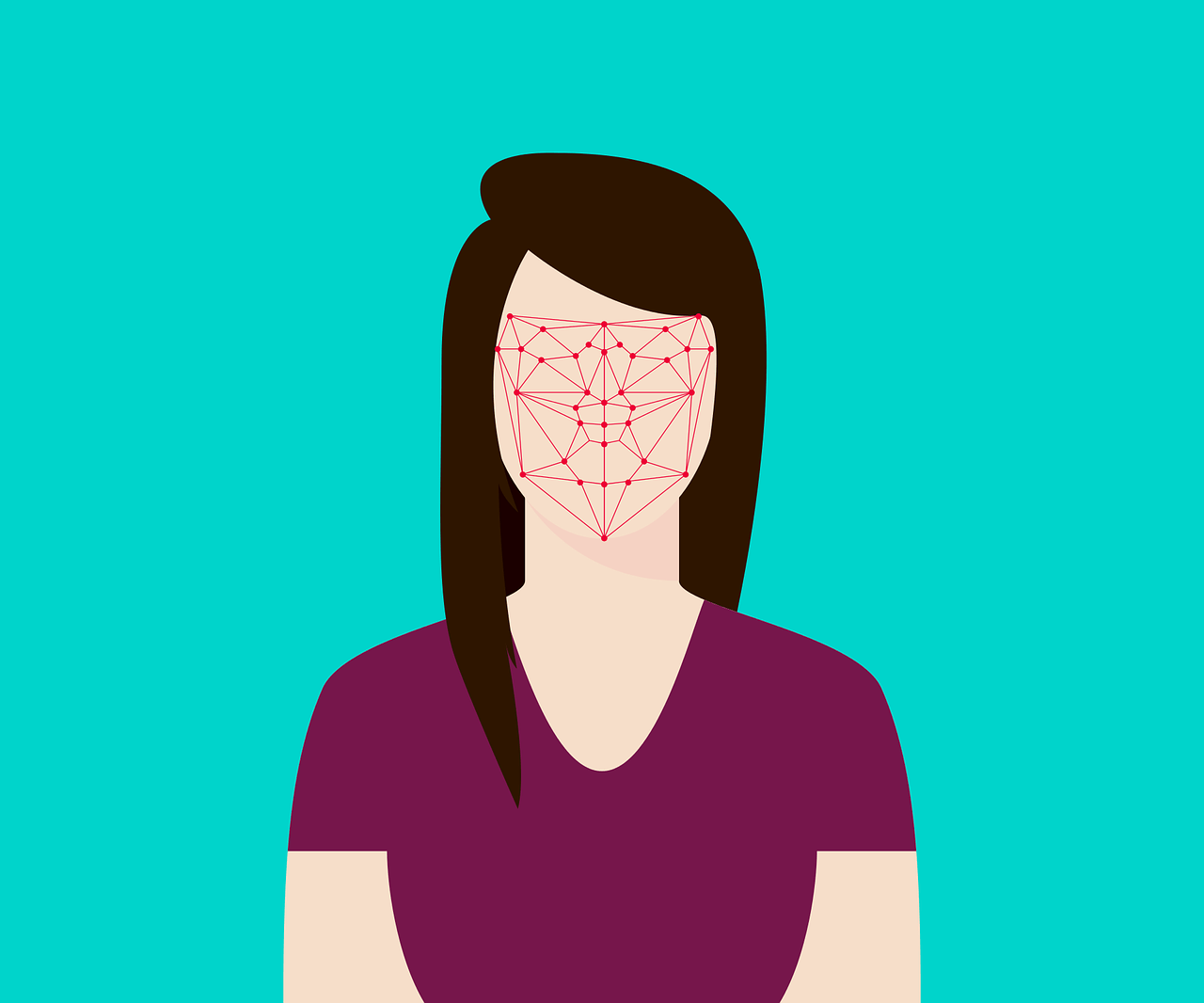
From facial recognition systems that struggle to identify individuals with darker skin tones to hiring algorithms that inadvertently discriminate against women, the unintended consequences of algorithmic bias have sparked widespread concern. These issues highlight the urgent need for greater oversight and more ethical approaches to AI development and deployment.
Examples of Biased Algorithms
Facial Recognition
Facial recognition systems often exhibit significant biases. These systems may have higher error rates for individuals with darker skin tones compared to those with lighter skin tones. Similarly, they may be less accurate in identifying female faces compared to male faces. This discrepancy can lead to misidentifications and wrongful accusations, especially when used by law enforcement or in security contexts.
Recruitment and Hiring
AI tools designed to streamline the hiring process can also be biased. These systems might favor resumes that include terms or experiences more commonly associated with male candidates, inadvertently discriminating against female applicants. Moreover, recruitment algorithms may reinforce existing biases in the industry by favoring candidates from certain backgrounds or educational institutions, thus limiting diversity.
Healthcare
In healthcare, algorithms used to allocate resources or manage patient care can exhibit bias. These biases often emerge when algorithms rely on data that reflect existing disparities in the healthcare system. For instance, if an algorithm uses historical data that shows higher healthcare spending on certain groups, it may unfairly prioritize those groups over others, leading to unequal access to care and worse outcomes for underrepresented populations.
Criminal Justice
Predictive policing algorithms intended to help law enforcement allocate resources efficiently can perpetuate racial biases. These systems often rely on historical crime data, which may be skewed by previous over-policing in certain communities. As a result, the algorithm might disproportionately target these communities, creating a feedback loop that reinforces biased outcomes and deepens mistrust in the justice system.
Financial Services
In the financial sector, credit scoring algorithms that determine an individual’s creditworthiness can disadvantage minority groups. These systems might assign higher interest rates or deny loans to individuals from certain demographics, even when they have similar financial profiles to others. This can limit access to financial opportunities and perpetuate economic disparities.
Social Media and Content Moderation
Social media platforms also face challenges with biased algorithms. Content moderation systems designed to flag and remove inappropriate content can disproportionately target posts from minority groups. These algorithms, which often rely on natural language processing, may incorrectly flag certain expressions or cultural references as inappropriate, leading to unfair censorship and the silencing of minority voices.
Advertising
Digital advertising algorithms can reinforce stereotypes and discriminatory practices. For instance, job ads for high-paying roles might be shown more frequently to men than to women, and housing ads might be shown disproportionately to certain racial groups. This can perpetuate inequality by limiting opportunities for certain groups based on biased algorithmic decisions.
Education
Educational tools and systems are not exempt from bias either. Algorithms used in student admissions or grading can disadvantage specific groups. For example, an algorithm might downgrade students from disadvantaged backgrounds more frequently than those from privileged backgrounds, potentially affecting their educational opportunities and future success.
Neuromantics: Your Partner in Ethical AI
At Neuromantics, we understand the complexities and challenges of mitigating bias in AI systems. Our team of experts specializes in AI ethics and algorithm auditing, providing comprehensive services to help organizations identify and rectify biases in their technologies. We believe that responsible AI development is not just about avoiding harm but also about actively promoting fairness and inclusivity.
Our approach involves rigorous testing and evaluation of AI systems to uncover hidden biases and recommend practical solutions. We work closely with your team to ensure that your algorithms are trained on diverse and representative data, and we help implement best practices for transparency and accountability. With our support, you can build AI systems that not only perform well but also align with ethical standards and societal values.
Contact us today to learn how we can help your organization develop ethical, unbiased AI systems.





